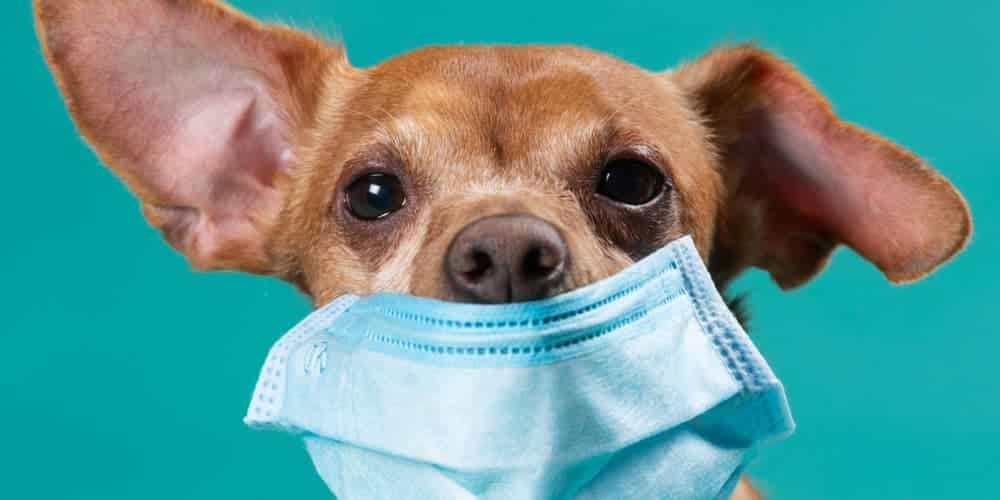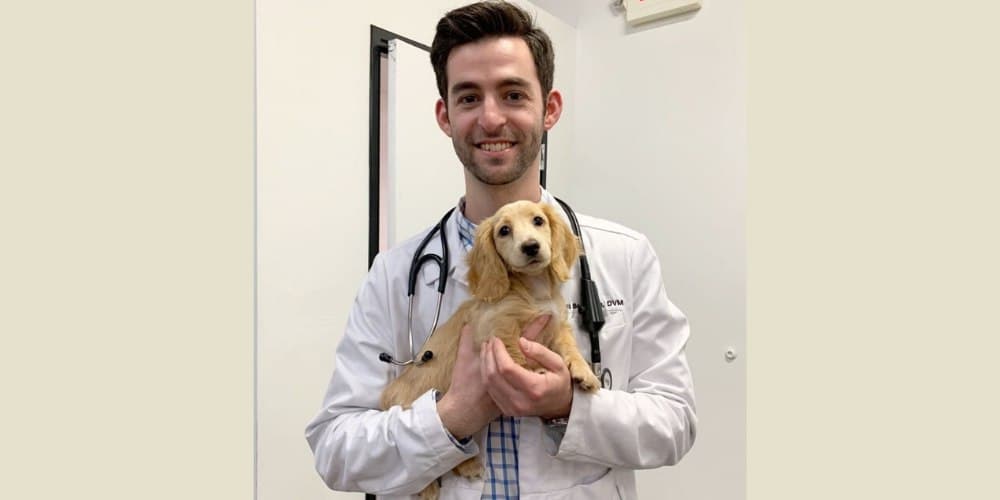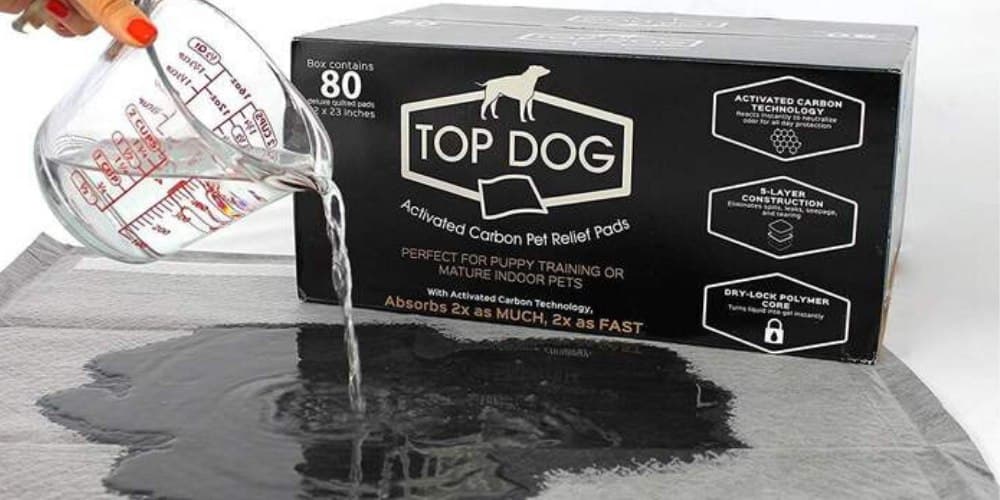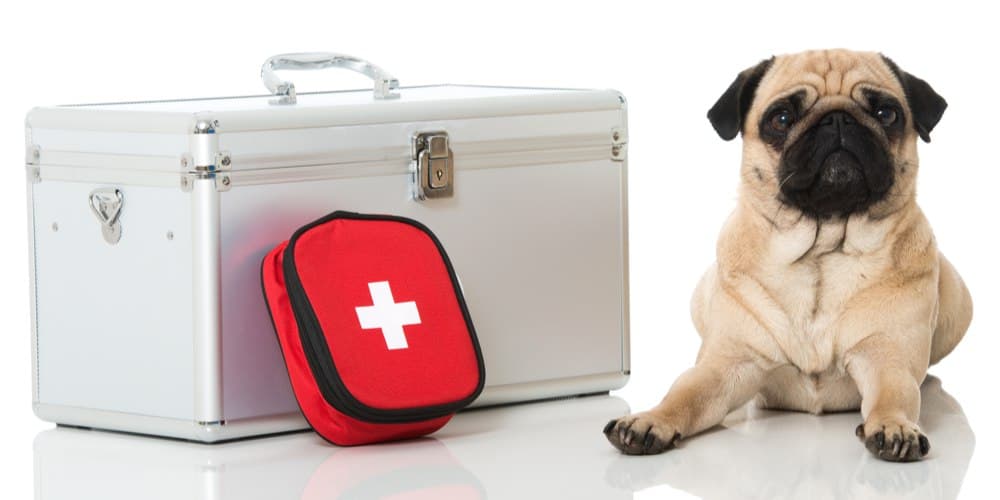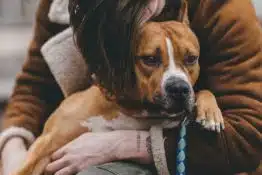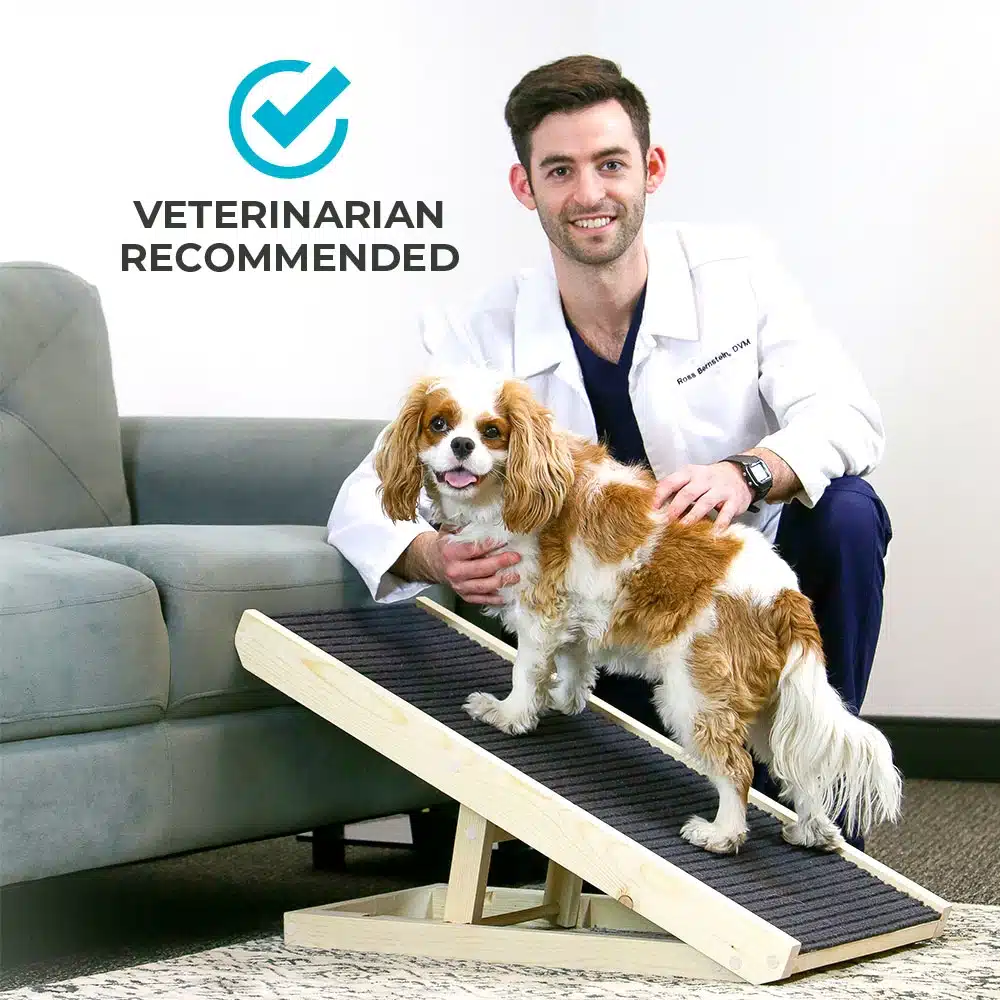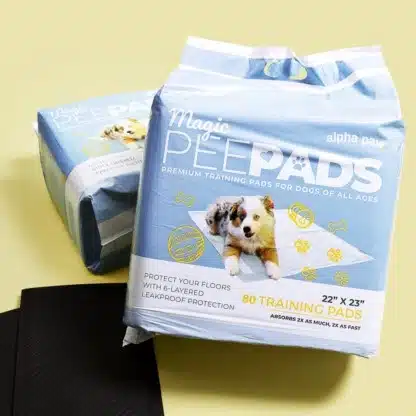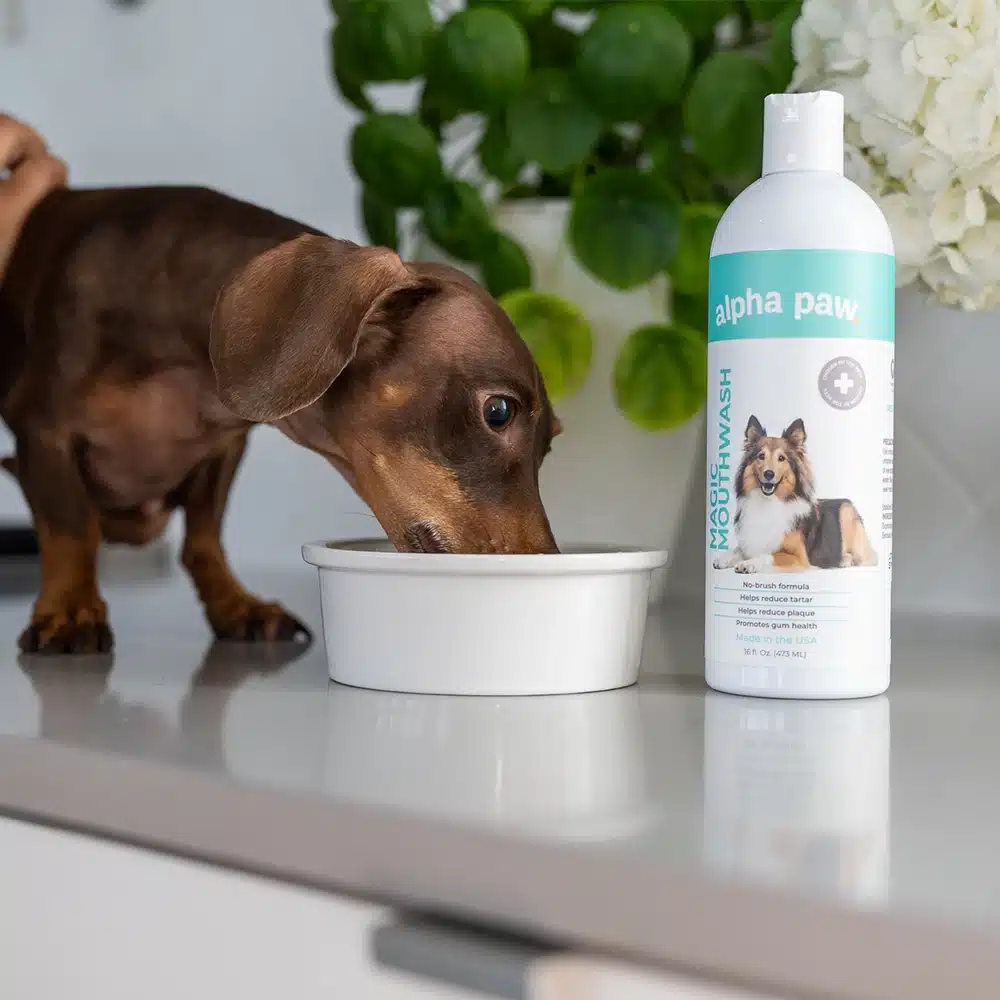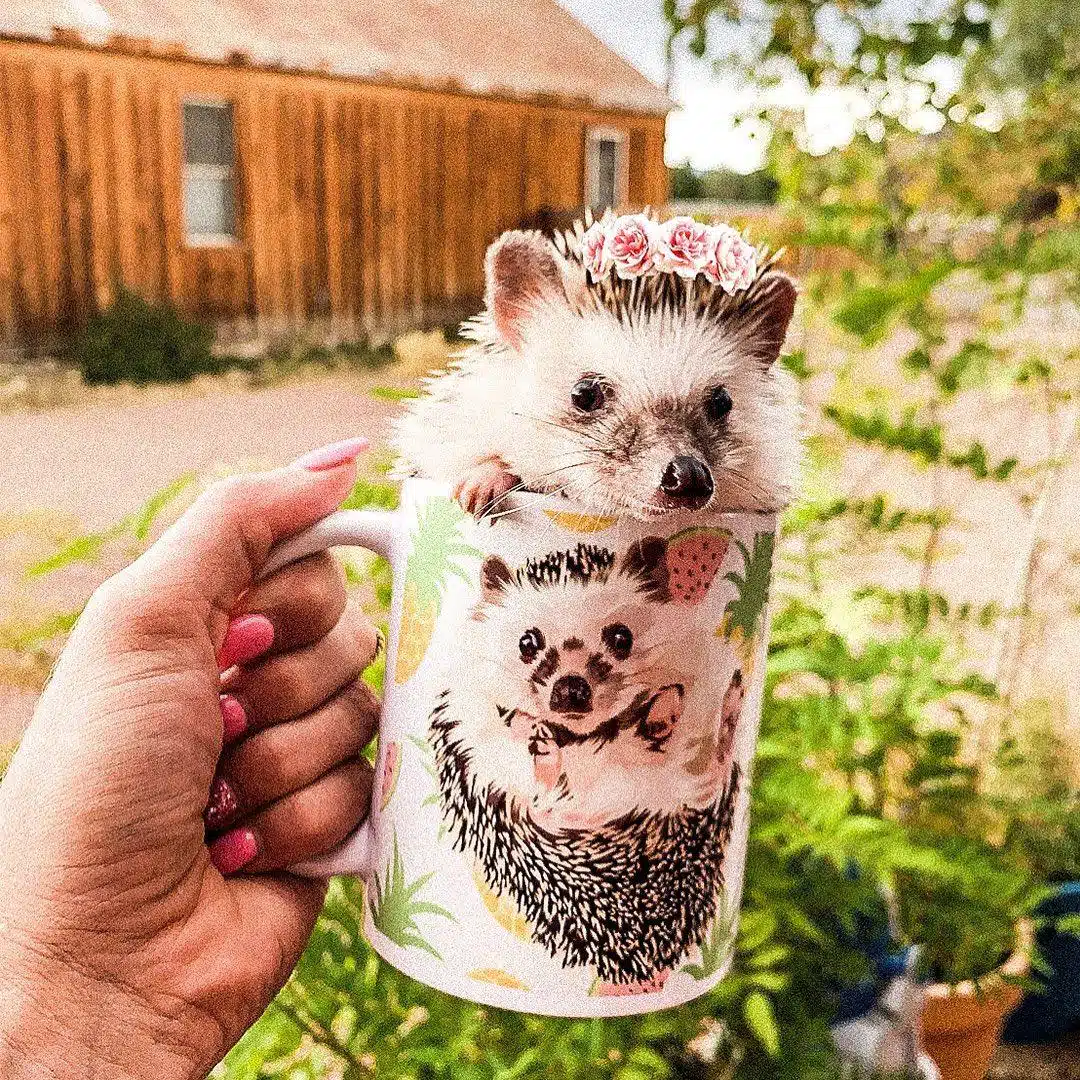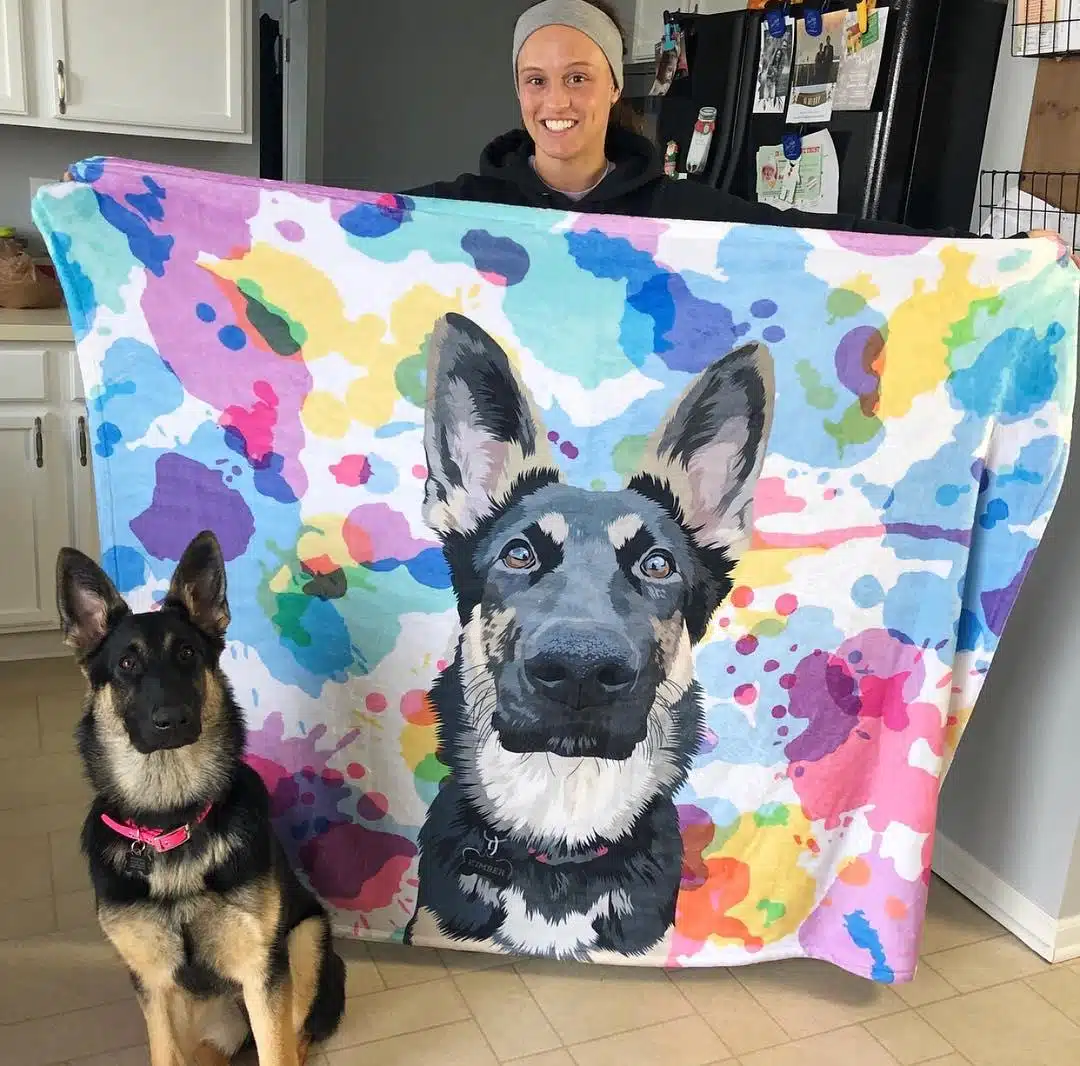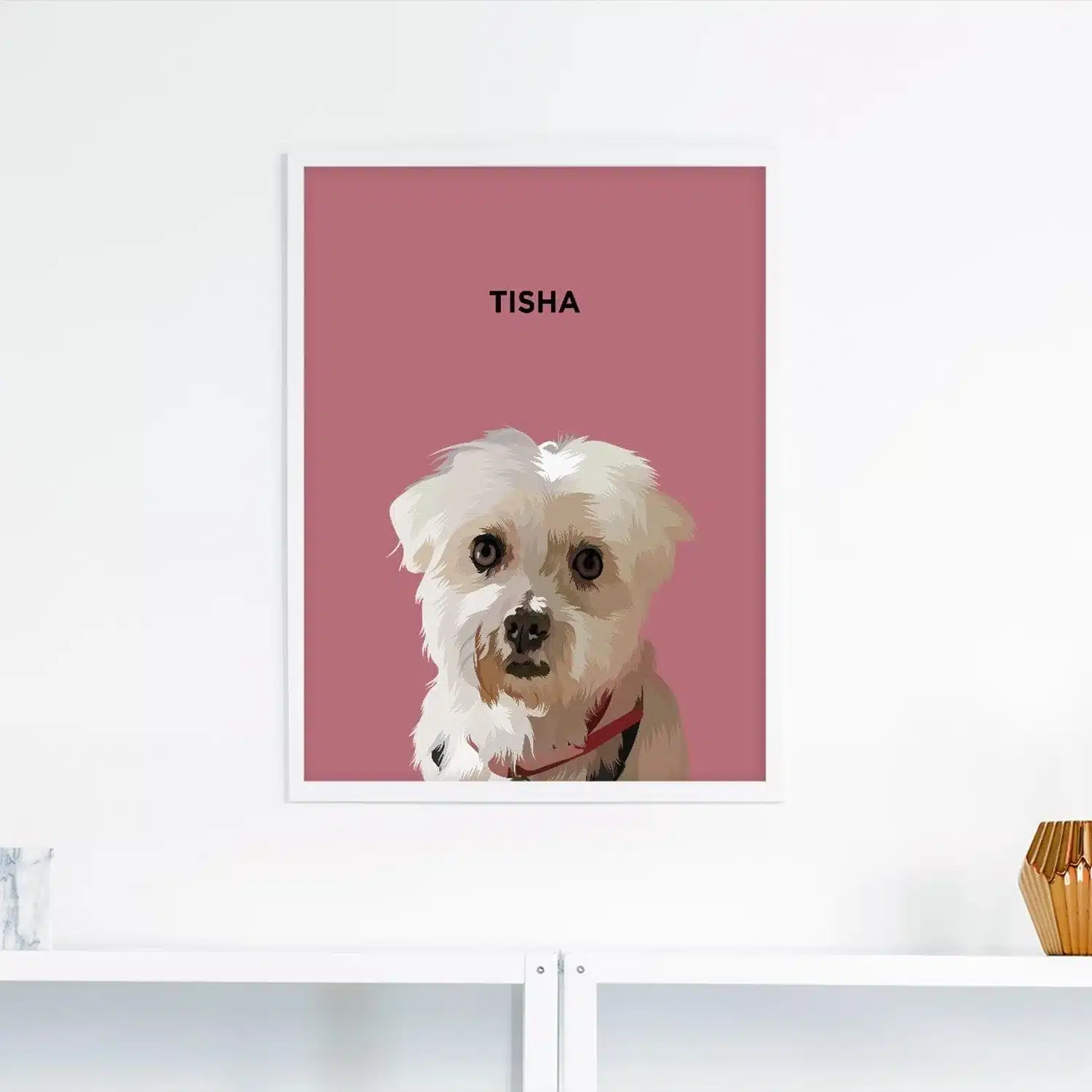What Should You Do To Protect Your Dog During The Coronavirus Crisis?
A dog diagnosed with the Coronavirus reportedly died in Hong Kong.
It was reported that a 17-year old dog died on Monday March 16, 2020 after being diagnosed with the coronavirus. This was the first known case of a pet contracting the virus through its owner, a 60-year old woman. The dog was immediately placed under quarantine and frequently monitored for the virus. The little Pomeranian was finally allowed to go back home on March 12, 2020.
The test was conducted five times using samples from his nasal cavity as well as his oral cavity. The results came back showing no signs of antibodies for the coronavirus, or in other words, negative.
Keep in mind the average lifespan of a Pomeranian dog is around 12-16 years. Of course there could be exceptions, but it’s very likely that this dog may have died due to natural causes or a weaker immune system due to his age. His owner refused to have an autopsy performed that could’ve helped solve the mystery that is his death.
As of right now, it has not been confirmed nor proven that COVID-19 is transmittable from human to pet. Although, it is better to be safe than sorry and therefore we’ve come up with a few tips that could help.
Dr, Ross Bernstein, DVM, said:
“Pet owners should not be overly concerned at this time. Considering the information we have available, infectious disease experts and multiple international and domestic human and animal health organizations (CDC, OIE, WHO) agree that AT THIS TIME, THERE IS NO EVIDENCE THAT COMPANION ANIMALS, INCLUDING PETS, CAN SPREAD COVID-19. If you are not ill with COVID-19, you can interact with your pet as you normally would. You should continue to practice good hygiene during those interactions (e.g., wash hands before and after interacting with your pet; ensure your pet is kept well-groomed; regularly clean your pet’s food and water bowls, bedding material, and toys). Although there have not been reports of pets becoming sick with COVID-19, out of an abundance of caution, it is recommended that those ill with COVID-19 limit contact with animals until more information is known about the virus. This means that if you have a service animal or you must care for your pet, then wear a facemask; don’t share food, kiss, or hug them; and wash your hands before and after any contact with your pet or service animal. You should not share dishes, drinking glasses, cups, eating utensils, towels, or bedding with other people or pets in your home.
Unfortunately, the owners of the only dog testing positive for COVID-19 declined a necropsy (post-mortem analysis) and ultimately the cause of death remains unknown. The owner of the dog was positive and gene sequencing suggests this was the source of the positive result in this pet. We know the dog was 17 years old (exceeding the normal life expectancy of around 12-16 years) and that the dog tested negative twice on PCR swabs prior to being released. The dog also tested negative on serology and had not shown any signs of being clinically affected by the virus. I would like to reiterate the primary concern of person-to-person transmission and preventing this. The situation is changing daily and advice may change.”
Tips To Follow To Keep You And Your Dog Safe
The ASPCA recommends to make a 30-day “emergency kit” for your pet that includes 30 days worth of food, canned and dry, bowls, drinkable water, any medicine your pet might need, pee-pads and/or litter, along with a document with your pet’s information and yours including vaccination records, and his name and your phone number on any carrier.
The ASPCA also recommends that you appoints a caretaker that would be willing and able to take care of your pet if you were incapacitated.Have a list ready with your pet’s habits, food preferences, medical conditions and meds taken, veterinarian contact info, medical and vaccination records and behavioral tendencies.
You should try to maintain good hygiene on both you and your fur ball. Make sure to wash your hands before and after cuddle time. Avoid touching your pooch’s face and ears.
Keep their food bowl clean after each usage. Due to the crisis and the limited access to stores, try to keep the food securely wrapped, or closed and at the recommended temperature.
Lastly, get rid of their waste frequently and make sure to wash your hands after doing so.
Final Words
These are difficult and stressful times, but our pets need us just as much as we need them. With these tips and common sense, there is no doubt that you and your pets will get through it, as you surely faced many challenges before. This can only make our relationship with our pets stronger! Stay safe!
Want more information about animals and COVID-19? The CDC (Center of Disease Control) made a page with current facts that we know at this time. You can check it out here!
80% of Dogs Develop Arthritis or Joint Pain by 7 Years old – Here’s How to Protect Them
Most of us train our dogs when they are puppies to jump up on furniture. We think it’s harmless (and easier than always lifting them), but for dogs, couches and beds are very high compared to the size of their bodies.
Every time they jump it compresses their back and applies enormous force to their joints.
It’s no wonder that an incredible 80% of dogs experience arthritis or joint pain by only 7 years old.
Luckily, there is a vet-recommended solution.
It’s the PawRamp by Alpha Paw. An adjustable ramp that allows dogs to safely get on and off couches and beds. PawRamp makes joining you in bed or on the couch effortless and fun.
As a bonus, you can use code SAVE35 to get $35 off the PawRamp today.

